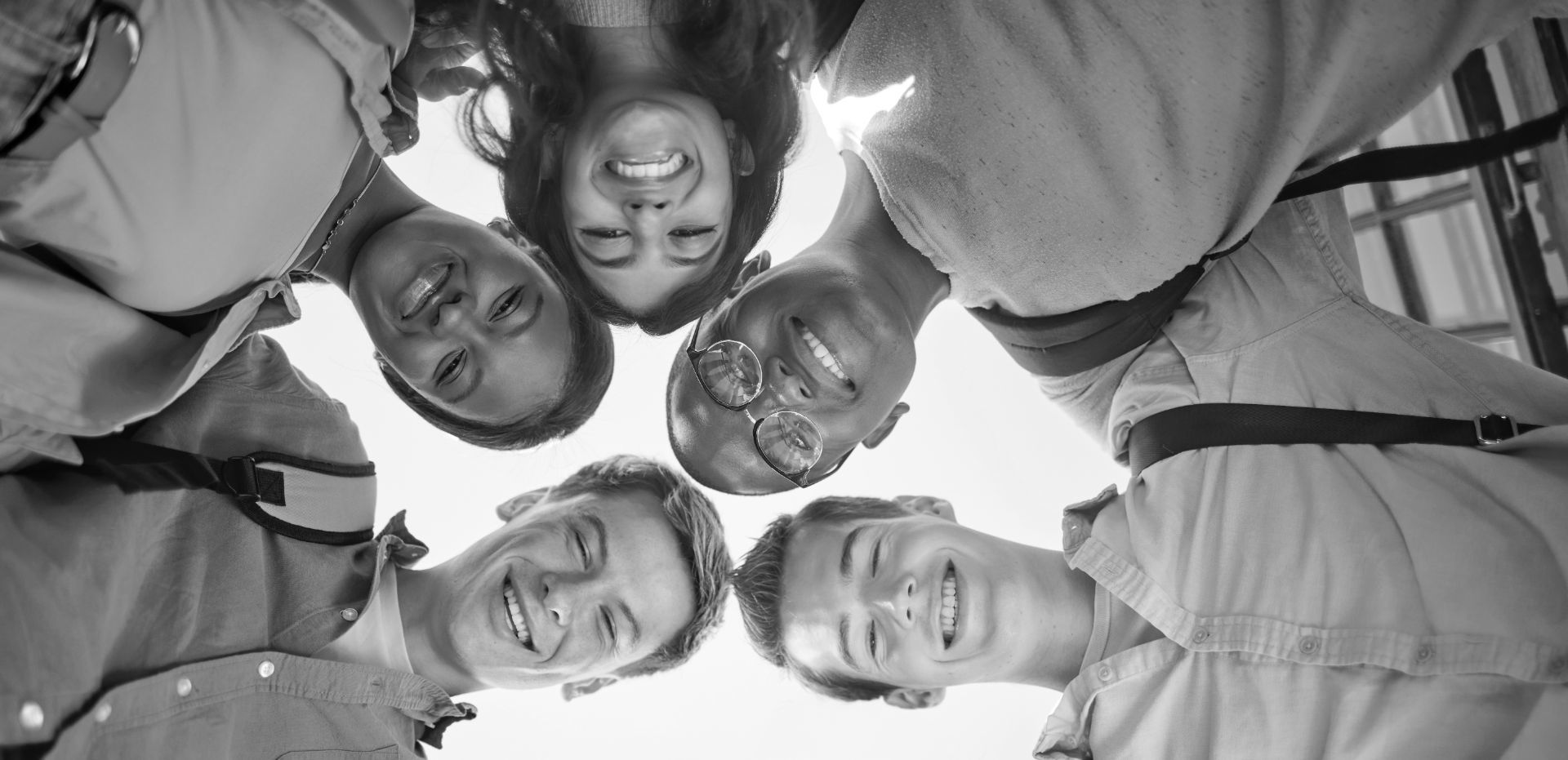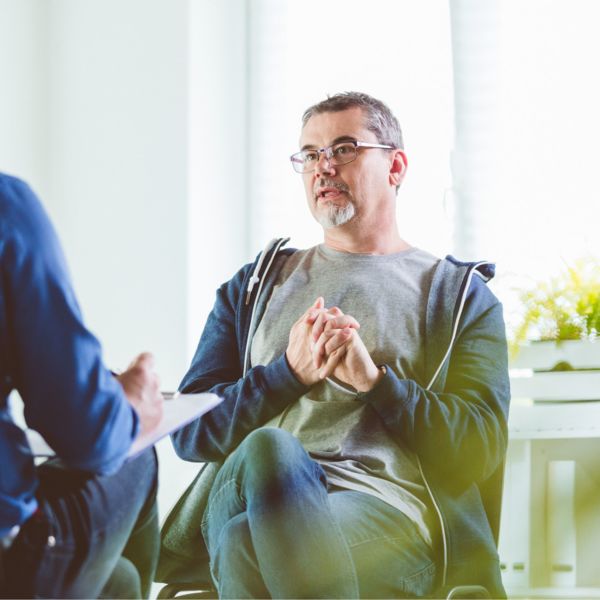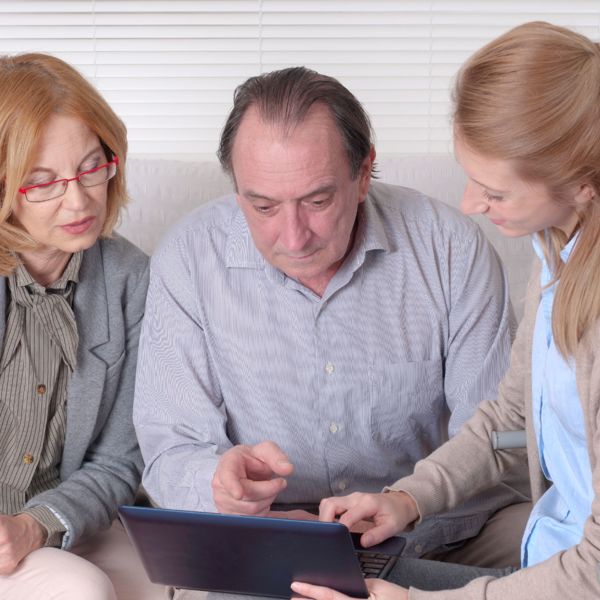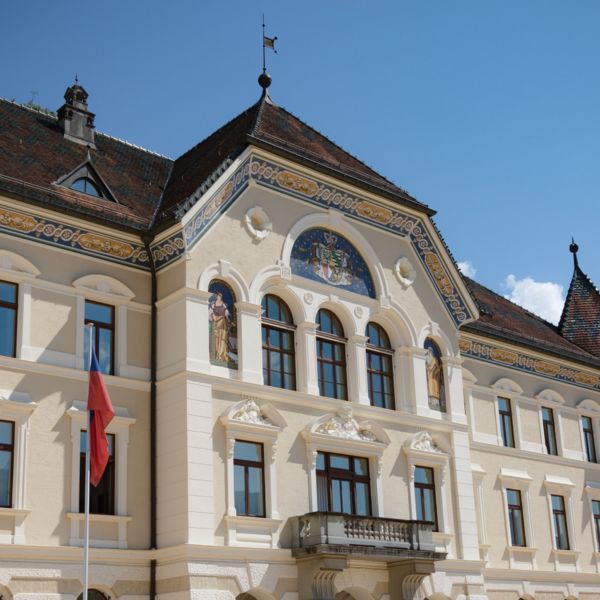
Human rights protection
Human rights can be sued for. As with other rights violations, the first step is to file a complaint with the police. However, not all human rights are directly enforceable and sometimes the legal route is not the only possible one. Counseling centers can help to classify the situation.
The Association for Human Rights accepts all human rights concerns. It advises and supports people who have experienced or witnessed human rights violations. Other advice centers include the victim support center, the women's shelter, infra, the association for men's issues, the association for the disabled and integration.li. They all offer legal advice and, in certain cases, legal representation for those affected. They only have very limited rights of appeal, so that the person concerned must always lodge a complaint in their own name.
Legal aid guarantees that legal proceedings can be conducted even if no financial resources are available. However, this legal aid must be repaid if the financial means are available.
If the rights of the European Convention on Human Rights (ECHR) have been violated, the European Court of Human Rights (ECtHR) has jurisdiction. Individuals can lodge a complaint there. However, all national legal remedies must have been exhausted beforehand. An application can then be submitted to the ECtHR within six months.
In the case of human rights guaranteed in international conventions, affected persons can turn to the competent monitoring committees of the United Nations. Here, too, the following applies with a few exceptions: the legal process in one's own country must already have been completed. In addition, the country must recognize the competence of the committees. The committees examine violations and make recommendations to the state to remedy the violation. However, the recommendations of the committees are not enforceable.
Liechtenstein has accepted the individual right of appeal to the following conventions: Covenant on Civil and Political Rights, Convention on the Rights of the Child, Convention on the Rights of Women, Convention against Racism, Convention against Torture. Liechtenstein does not recognize the individual right of appeal under the Convention on the Rights of Persons with Disabilities.
The VMR recommends: Liechtenstein should...
... revise the legal regulations on victim protection so that victims do not have to pay back legal aid.
... introduce a right of association complaints in the area of human rights for recognized organizations and associations.

Alicia Längle
Managing Director
Department for the Promotion of Human Rights
Human rights education
Human rights education promotes understanding of fundamental rights and freedoms. It raises awareness of equality, tolerance, and respect, and contributes to responsible and considerate coexistence.
Together with aha and Amnesty International Liechtenstein, the VMR has been conducting human rights and tolerance workshops in secondary schools for many years. In the workshops, students learn the basics of human rights and how to deal with prejudice and discrimination. They learn how human rights can be asserted and defended and which contact points are available in Liechtenstein.
State obligations to protect human rights
The obligation to protect all people from human rights violations lies with the state. It is responsible for ensuring that laws, policies and official practices are in line with human rights and are applied equally to all people on its territory.
Various expert bodies appointed by the UN or the Council of Europe under international treaties examine whether Liechtenstein is fulfilling these obligations. The regular visits, reports and recommendations of international expert bodies of the UN and the Council of Europe are of inestimable value to Liechtenstein, as they provide independent, well-founded and comparable assessments of the implementation of human rights and thus enable targeted improvements. Through their recommendations, they promote the continuous development of human rights. The regular exchange with these expert bodies promotes and enriches cooperation within the country as well as the transfer of knowledge between governmental and non-governmental specialist bodies, creating synergies for the protection of human rights. Without this external impetus, progress in human rights protection would be much slower and less effective.
To implement the recommendations of international human rights bodies to Liechtenstein and coordinate the collection of data and reporting to these bodies, an internal administrative working group has been in place since 2019 under the leadership of the Office for Foreign Affairs. The working group is also tasked with exchanging information with institutions and organizations outside the administration that are central to the implementation of human rights in Liechtenstein, namely civil society organizations and private sector actors.
The working group's processes for implementing the recommendations are not known. The database, which collects all international recommendations and records the implementation status, is also not publicly accessible. The involvement of civil society is not institutionalized.
The VMR recommends: Liechtenstein should...
... assume leadership responsibility in the follow-up and prioritization of recommendations of international human rights bodies. Create a transparent procedure for implementation that involves all stakeholders, including civil society.
Do you have questions about human rights? Have your human rights been violated? Have you observed human rights violations? Then get in touch with us.




